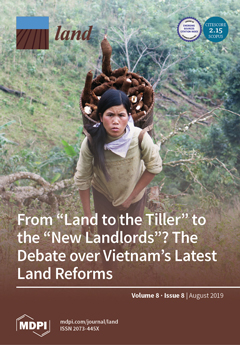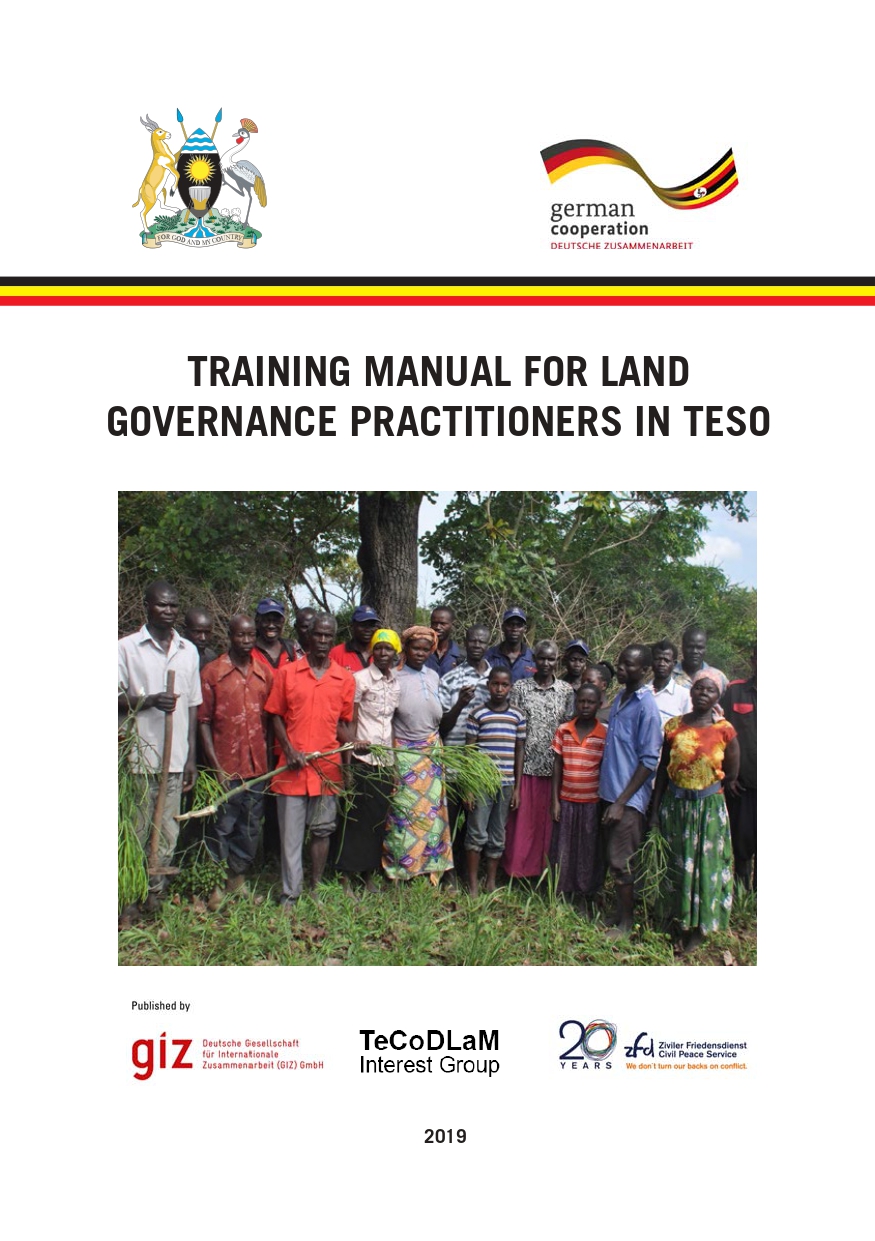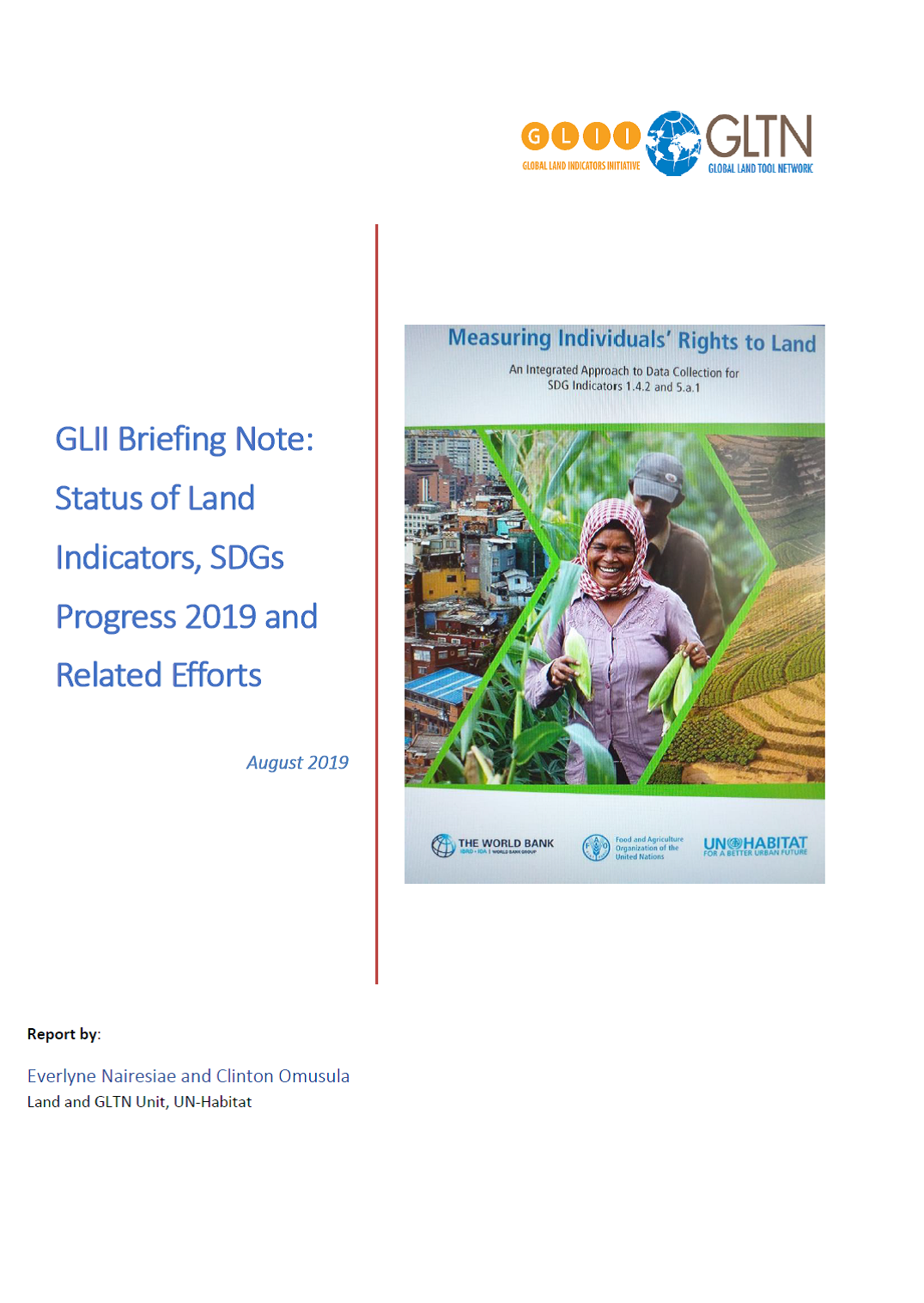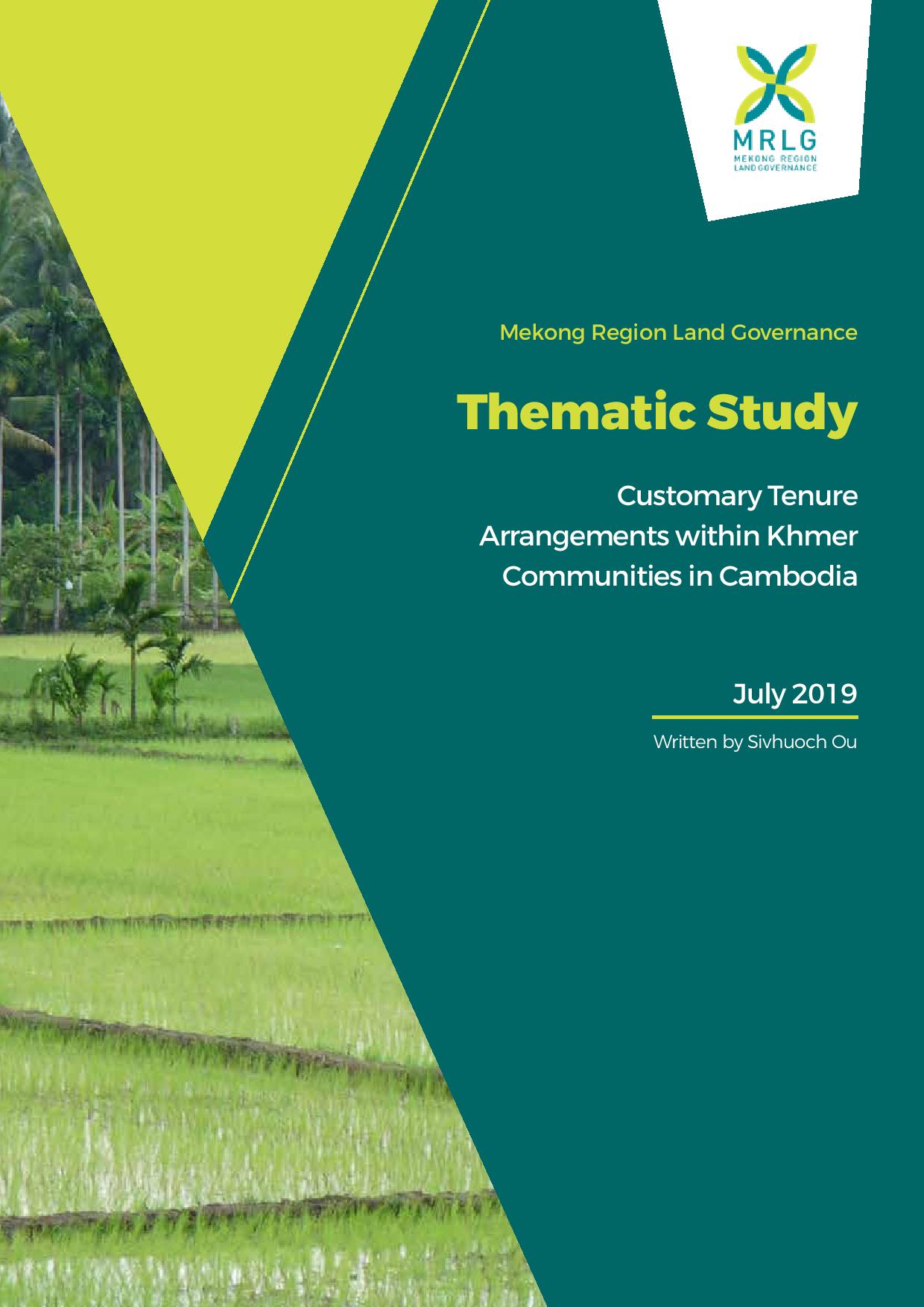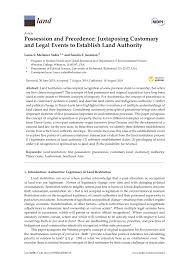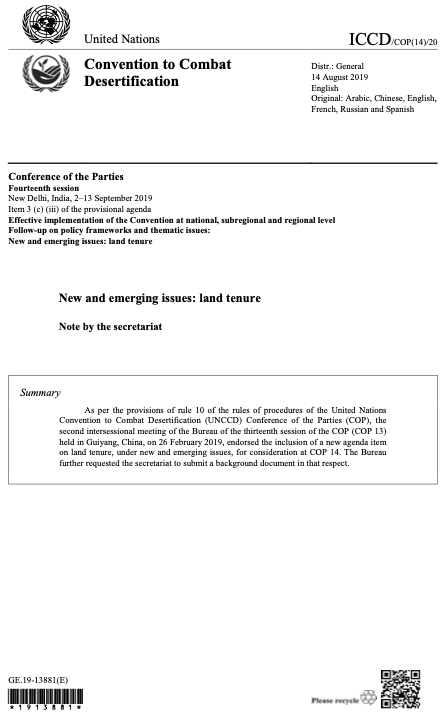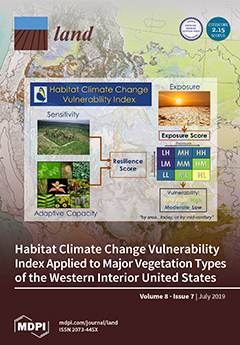Adaptation Aux Changements Climatiques Et Renforcement De La Resilience Au Tchad
Le Tchad est considéré comme le pays le plus vulnérable au changement climatique. Une combinaison de pauvreté élevée, de conflits fréquents, de systèmes de gouvernance faibles, à laquelle s’ajoutent les risques de sécheresse et d’inondations, font que le pays est confronté à de nombreuses urgences humanitaires et lutte notamment pour faire face aux onséquences du changement climatique. Le pays connaît des conflits internes et frontaliers récurrents qui aggravent encore davantage ses vulnérabilités, en mettant sous pression les infrastructures limitées et la cohésion sociale.

